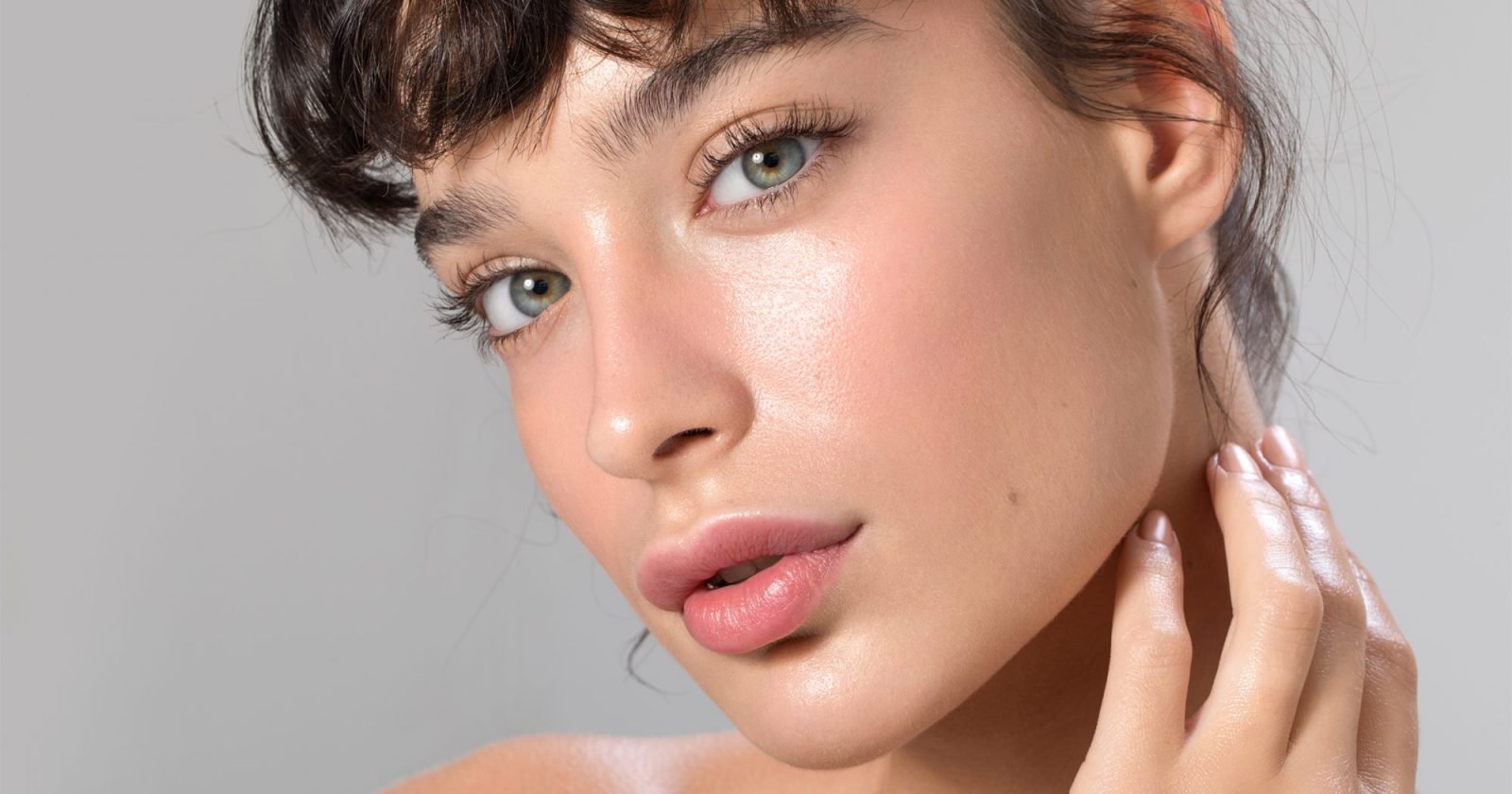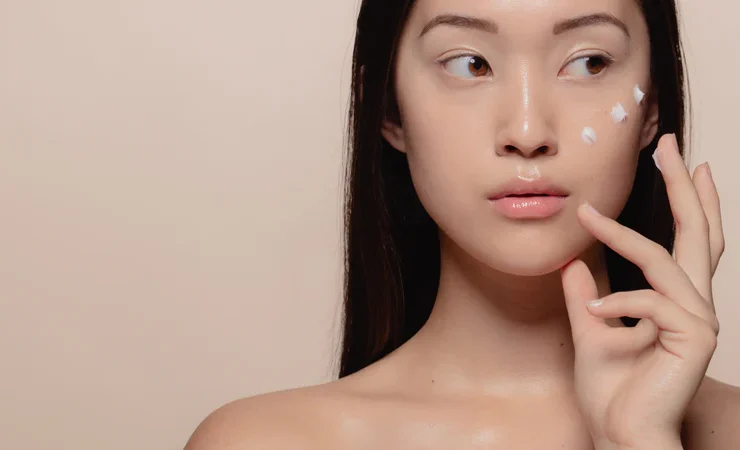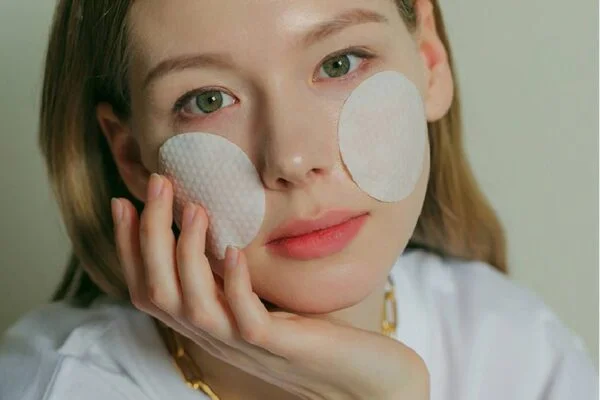
It’s rare for TikTok beauty trends to hold merit with dermatologists and aestheticians. Whether they’re ridiculous, or dangerous most TikTok “beauty hacks” are quickly debunked by skin-care professionals — with the overwhelming exception of ‘Slugging’.
Slugging is the K-beauty skincare trend that became popular several years ago. Considering that many fashion and beauty trends are cyclical, it’s no surprise that slugging has become popular on social media yet again.
What is ‘Slugging’?
Slugging is the act of slathering your face in a layer of petroleum jelly as the last step of your nighttime skincare routine. The trend was made popular on social media via the K-beauty community, but it’s important to note that many cultures have been doing this for decades. The belief is that this helps to lock in the moisture from the other products you applied and prevent water loss from the skin. The thick, slimy texture could be compared to the mucus of a slug, which is how the trend’s namesake comes into play.
Though it’s been popularized as a face treatment on TikTok to aid with hydration, this little beauty trick works on other parts of the body as well – from lips to ankles.
Benefits Of Slugging

As far as the benefits of this trend go, there is one ultimate goal of slugging: locking in hydration. Dermatologists believe that petroleum jelly sits on top of the skin, forming a protective barrier to insulate it and protect it from losing moisture. It’s thought to be especially beneficial during the cold and less humid winter months that tend to leave your skin feeling dry and tight.
- Moisturizes: The retained hydration can fill the epidermis like a sponge, thickening it and making it more pliable and elastic.
- Protects: That barrier keeps water in — and keeps bad stuff out.
- Repairs damage: If your skin is dehydrated, a coating of petroleum jelly at night can help prevent further water loss from the skin and allow it to repair itself.
How To ‘Slug’ Yourself?
If you want to try out the trend, follow the steps below for a full routine.
1. Prep And Cleanse Your Skin
As with any skin care routine, it’s important to begin by washing your face. We love using Micellar Water because there’s no need to rinse, making it quick, easy and mess-free. Saturate a cotton pad with the Micellar Water and glide it over your face to cleanse. Avoid using any active acids when cleansing to slug.
2. Smooth On a Serum
Slugging is all about layering on the hydration. So, pat on a moisturizing serum with Hyaluronic Acid.
3. Layer On Petroleum Jelly
Get some petroleum jelly on your fingertips and apply an even layer to your skin. Petroleum jelly is thick and goopy, so you only need a tiny bit — and you don’t necessarily need to put it on your entire face. You can apply it only to the thinnest and driest parts of the face, like your eyelids and your lips. You’ll end up looking slimy and shiny, but that’s the goal.

4. Let The Product Absorb And Then Sleep On It.
Give yourself about half an hour before hopping into bed, which will give your products time to settle and start to sink in and work the magic
5. Wake Up and Rinse
When you wake up in the morning, remove the petroleum jelly with the help of your face wash and a damp cloth to reveal beautiful, glowing skin.
Product To Use For Slugging?

If you’re going to try slugging, make sure you’re using pure petroleum jelly (Vaseline) or petroleum jelly with only minimal additional ingredients, like Aquaphor and CeraVe. They both include ceramides and hyaluronic acid. Avoid active acids.
Slugging Isn’t For Everyone!

Slugging is typically best for dry skin. These skin types and conditions should avoid it:
- Oily skin: Skin that is oily already has an adequate or even too-robust lipid layer and does not need the extra addition of lipid to the surface as it could trigger acne and other skin conditions.
- Acne-prone: In this case, what’s true for oily skin is true for acne-prone skin. Slugging could actually make your acne worse, not better.
- Infected skin: If you have any sort of infection or open wound, skip slugging. “
Before trying any skincare regime, we highly recommend doing a patch test, doing your own research and consulting a dermatologist. Happy Slugging!






